From Peppers to Poultry: Balancing Agriculture and Economic Realities
A few days ago, I shared a blog post about a vacation, explaining that while the break was mainly for students, it indirectly provided teachers with some time off as well. With no students to teach or attendance to mark, we are currently focused on recording and uploading students' scores to the EduPack system. This digital system has replaced the traditional method of manually filling in student dossiers, making the process more efficient.
With this reduced workload, I’ve spent most of my time working in the garden. One major task has been transplanting my peppers, tomatoes, and other vegetables to a more accessible location with better access to water. As the dry season approaches, these plants will require consistent watering to survive. To prepare the new area, I created ridges and ensured the soil was well-watered before transplanting the peppers. I also added animal manure as fertilizer to promote healthy growth and maximize yield.
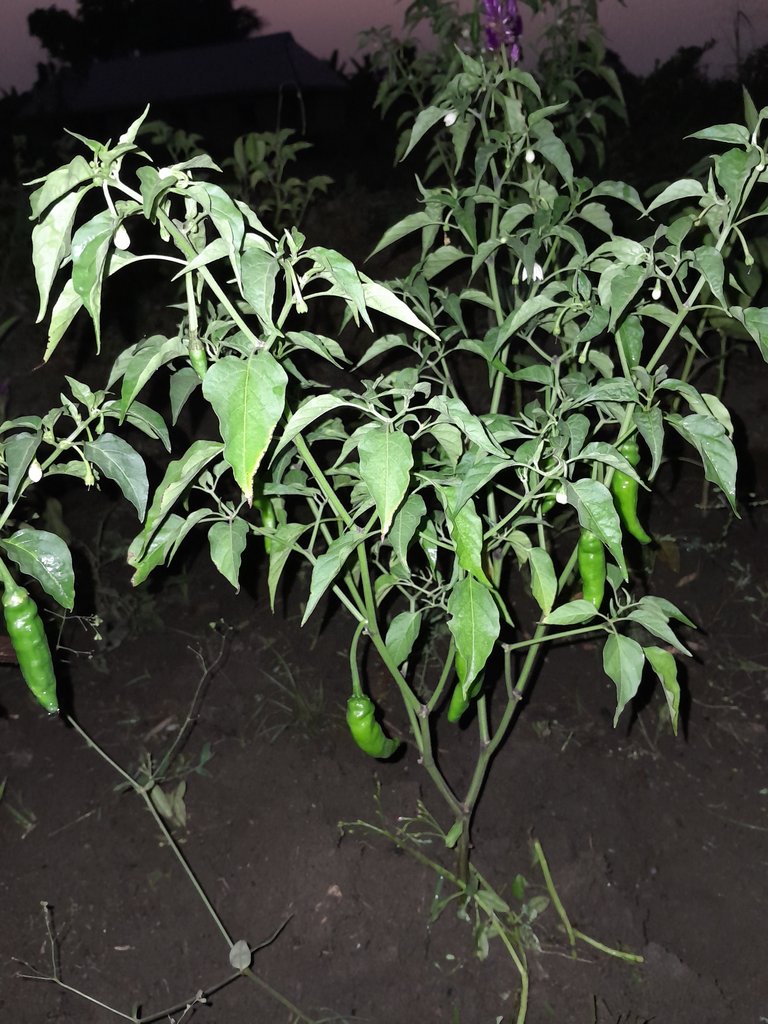
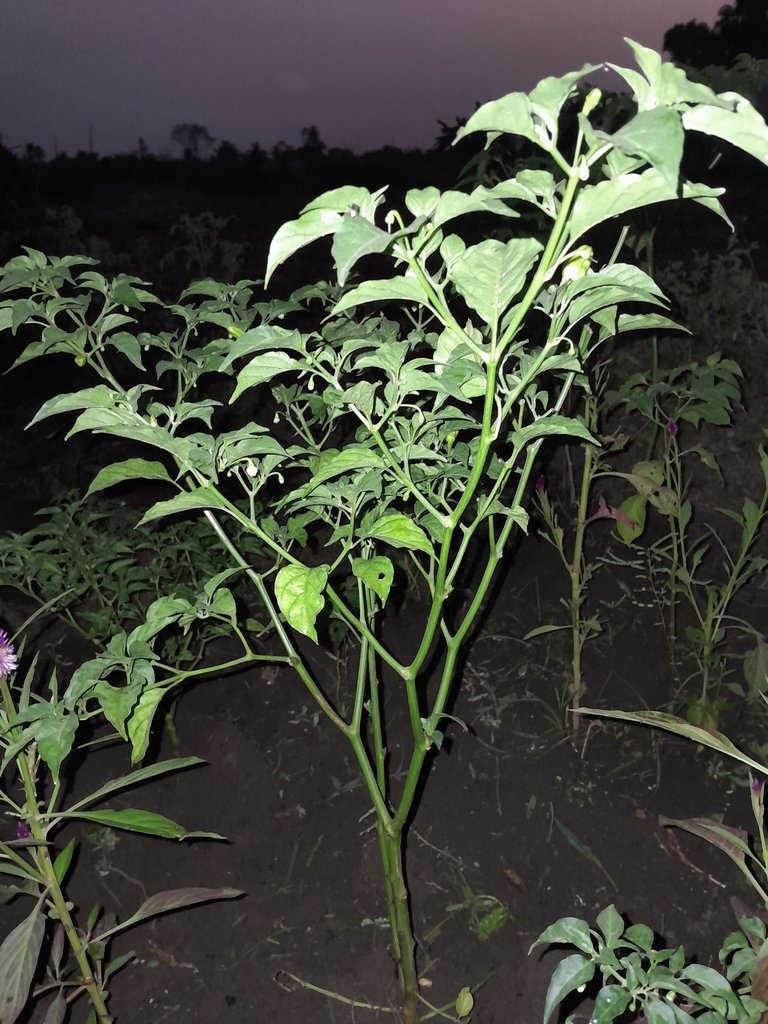
In addition to transplanting peppers, I’ve also planted a variety of vegetables. Although this isn’t the ideal season for planting vegetables due to the approaching dry season, I’ve devised a plan to manually water them through a basic irrigation system. By watering the plants every morning and evening, I’m confident they will thrive despite the challenging conditions.
Another focus has been the plantation garden, where I’ve been nurturing banana suckers that I planted earlier. To improve their growth, I added manure instead of fertilizer, which has worked remarkably well. The banana plants are doing fine, though watering them has proven to be a challenge since the plantation is quite far from the well. This requires me to fetch water morning and afternoon to keep the plants hydrated.
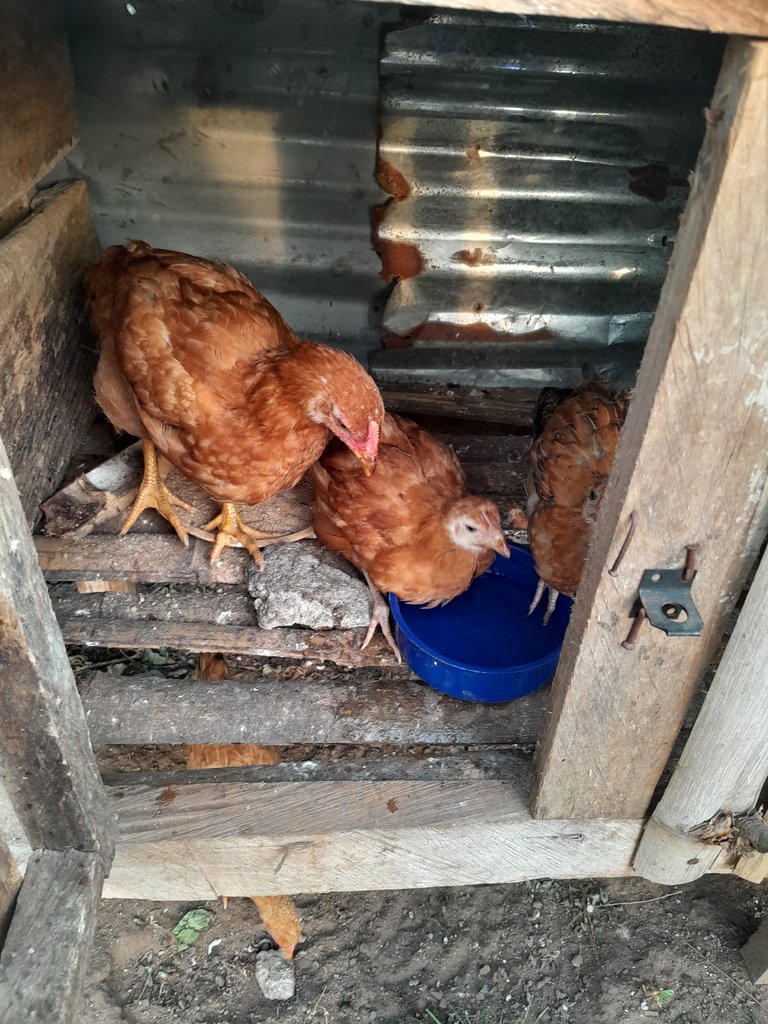
Unfortunately, I’ve had some setbacks with my livestock. Two of my chickens died unexpectedly, and I haven’t been able to figure out why. Interestingly, the local chickens seem to be much harder than the machine-bred ones, though they face their own challenges, such as predation from eagles. As for my goats, only one out of the four I initially bought survived. I’ve learned an important lesson: it’s better to avoid buying premature animals or to ensure they are kept in a secure, enclosed space where they can stay warm and protected.
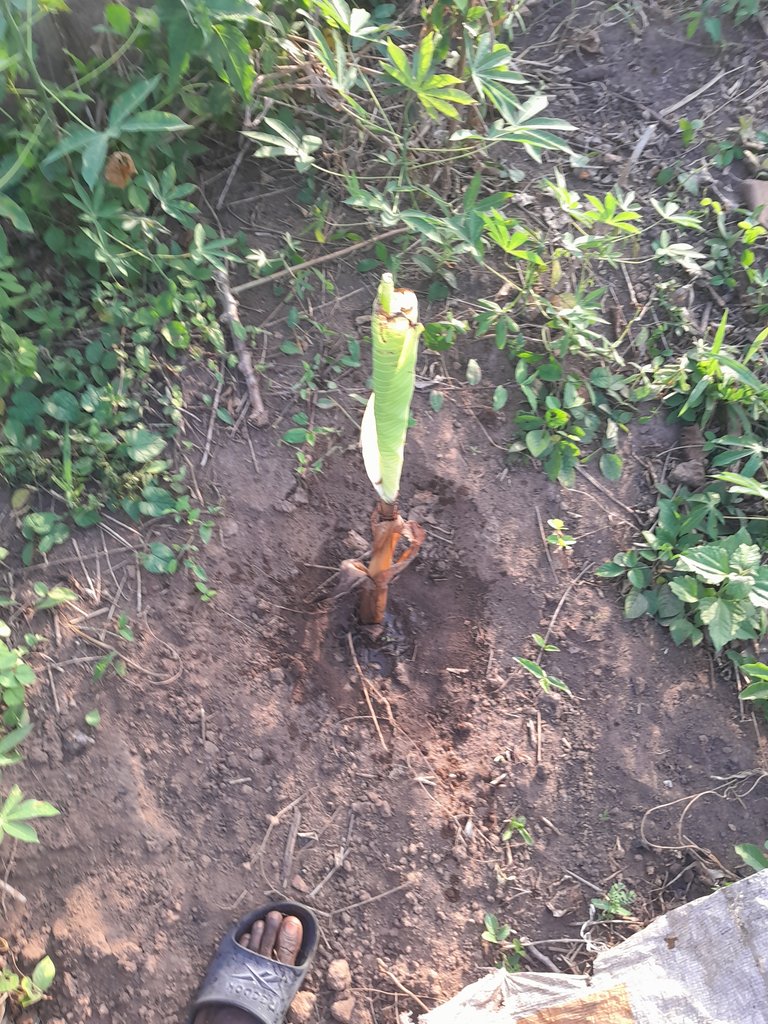
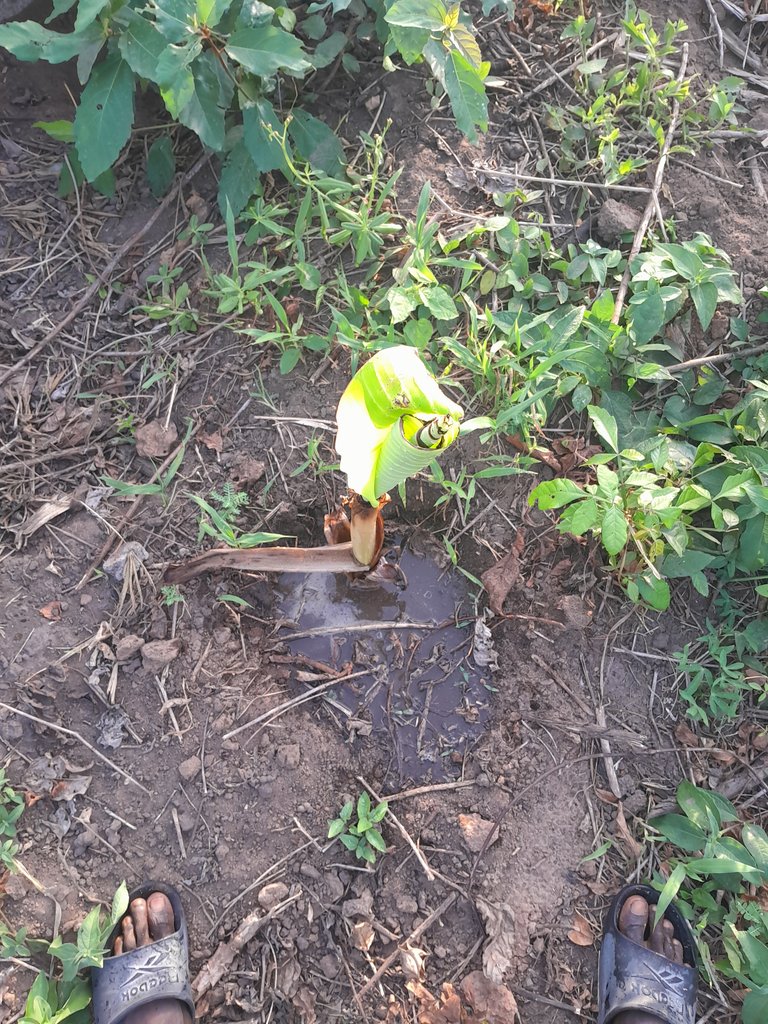
Despite these challenges, I remain committed to these efforts. Diversifying income sources has become essential in today’s economic climate. We can’t rely solely on a single stream of income if we want to achieve financial independence. Gardening, livestock rearing, and other side projects are crucial steps toward building a more stable and self-sufficient lifestyle.
Chicken manure, especially from deceased chickens, makes an excellent fertilizer for the soil. The chicken droppings are particularly nutrient-rich and can significantly improve the quality of the soil you're using.
Yes, I agreed with the fact that the chicken manure is as good as fertilizer.
It's good that you took advantage of those vacations to dedicate yourself to your garden and it's a shame about your chickens and goats, I hope your next animals can survive 🙏
Thanks for stopping by. And I appreciate your concern. I just hope the ones remaining will grow to give me more offspring.